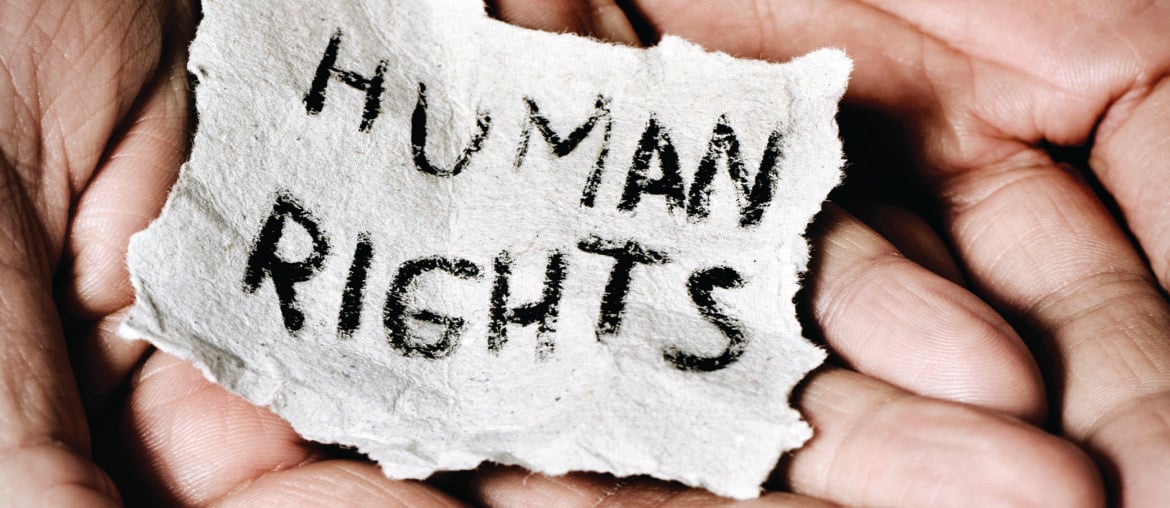The U.S. Department of Labor (“DOL”) has reiterated its commitment to combating child and forced labor in supply chains, with an apparent regional focus on South America, Africa, and Southeast Asia. The U.S. government’s continued push on labor violations in corporate supply chains is further evidence that companies should be considering how well their compliance programs cover detection and deterrence of these abuses in their supply chains.
On January 27, 2020, the DOL announced that $22 million in new grant funding will be awarded to various organizations “to promote labor law enforcement and help end exploitative labor practices,” such as child labor, forced labor and human trafficking. The DOL press release included a quote by Deputy Undersecretary for International Affairs Martha E. Newton stating that “[c]hild labor, forced labor and human trafficking are repugnant practices, and we [i.e., the DOL] will work with our trade partners to stop them.”
Specifically, the new funding includes the following grants:
- $5 million to the International Labor Organization (ILO) to strengthen the capacity of governments in Kenya and one other country in Sub-Saharan Africa to address child labor, forced labor and violations of acceptable conditions of work, as well as strengthen assistance services for victims of child labor and forced labor;
- $5 million to World Vision Inc. to strengthen the capacity of government in the Philippines and one other country in Asia to address child labor, forced labor and violations of acceptable conditions of work, as well as strengthen assistance services for victims of child labor and forced labor;
- $5 million to Pact Inc. to economically empower vulnerable women and girls in cut-flowers and unrefined brown sugar (panela) supply chains in Colombia;
- $4 million to Corporación Escuela Nacional Sindical (ENS) to increase the ability of Colombian workers in the palm oil, sugar, mining, ports and cut-flowers sectors to better understand and be able to exercise their labor rights through assistance from worker-driven labor law enforcement centers and trainings; and
- $3 million to the ILO to increase the impact of rigorous research on forced labor in the garment sectors in Argentina and Mauritius.
In addition to the above-listed new grants, the DOL awarded $5 million to several existing grants, including $3.5 million to the ILO/IFC Better Work program for projects to improve compliance with labor law and promote women’s empowerment in the apparel sectors of Haiti, Jordan, Bangladesh, Cambodia and Vietnam.
Finally, on January 29, 2020, the DOL announced that it is providing up to $27.2 million in grant funding “to help Mexico meet its labor obligations under the United States-Mexico-Canada Agreement (USMCA), including the effective enforcement of its labor laws and addressing child labor and forced labor in its supply chains.”[2] According to the press release, the funded projects will include efforts targeting the agriculture sector, work towards improving compliance with labor laws related to child labor, forced labor, and occupational safety and health in the sugarcane and tobacco sector in Jalisco and Nayarit, and support of the implementation of a national child labor survey.
The DOL’s funding decisions underscore the importance for companies to take proactive measures to understand potential violations in their supply chains and appropriately mitigate supply chain related risks, especially in industries with a higher risk of human trafficking and child or forced labor.




